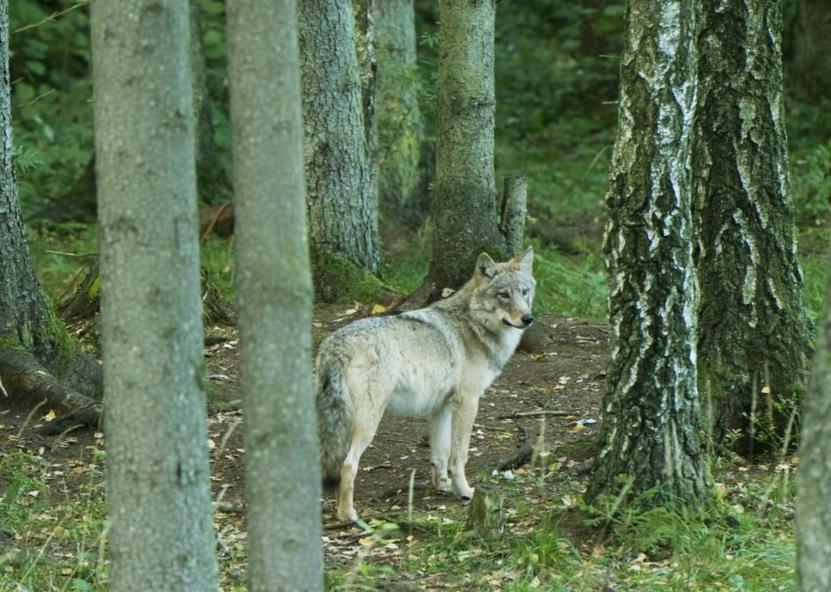European Commission proposes to relax wolf protection
Lithuania supports the European Commission's (EC) proposal to strengthen the protection of wolves under the Bern Convention and argues that the new regime will allow for a more effective management of the wolf population.
The Convention on the Conservation of European Wildlife and the Natural Environment (the Bern Convention) provides that the wolf is currently classified as a Critically Endangered Species listed in Appendix II;However, the EC proposes to submit a proposal on behalf of the European Union at the forthcoming annual meeting of the Bern Convention to transfer the species to the Appendix III list of "Threatened Species". Lithuania, by acceding to and ratifying the Bern Convention in 1996, declared that wolves are not subject to the protection regime of Appendix II of the Convention, but to the protection regime of Appendix III.
The provisions of the Bern Convention have been transposed into the Habitats Directive in the EU. Currently, wolf populations in most EU Member States are listed in Annex IV of the Habitats Directive as "Species of plants and animals in need of strict protection", but in Lithuania and a few other Member States, wolf populations are not included in the Habitats Directive;In several other countries in the North, animal populations are included in Annex V of the Directive, "Animal and plant species which may be subject to management measures for their removal from nature and use".In most of the European Union, the protection system prohibits the deliberate killing, capture and disturbance of wolves, and the damage or destruction of breeding or resting sites is prohibited, but allows for the use of išs to prevent danger to the general public or significant damage, for example to farm animals. In Lithuania, the status of the protected area is closely monitored, limited hunting of wolves is possible within a carefully planned limit and the population size is managed. Unfortunately, in many other Member States this management option is not available, and the success story of wolf conservation is gradually turning into a situation that is difficult to manage.
In order to manage the situation more effectively, it is proposed to increase the protection afforded to wolves and a proposal to amend the Appendices to the Bern Convention will be considered. Changing the Habitats Directive – a question for the future. When considering changes, it will have to be decided whether wolf populations in all EU Member States would be included in one of the Annexes of the Directive or whether, as is currently the case, it would be up to the Member States to decide which Annex to include wolves in.
According to the EC, the proposal is based on the latest data on the status of the wolf population and on the fact that wolves are expanding and that there is a need for more effective and sustainable management of wolves in individual regions in order to avoid damage to farm animals.
Some EU Member States oppose the proposal, believing that it is premature, that the EC's estimates lack scientific validity, and that the conservation status of wolves is not favourable in all regions.
Lithuania and several other countries do not agree with this proposal and believe that šalys, with greater capacity to manage wolf populations effectively and in a timely manner, could build greater public tolerance for the šy recovering species.
With the inclusion of wolf conservation in Annex V of the Habitats Directive and the hunting of the &scaron, the conservation status of the &scaron remains favourable.










































































































